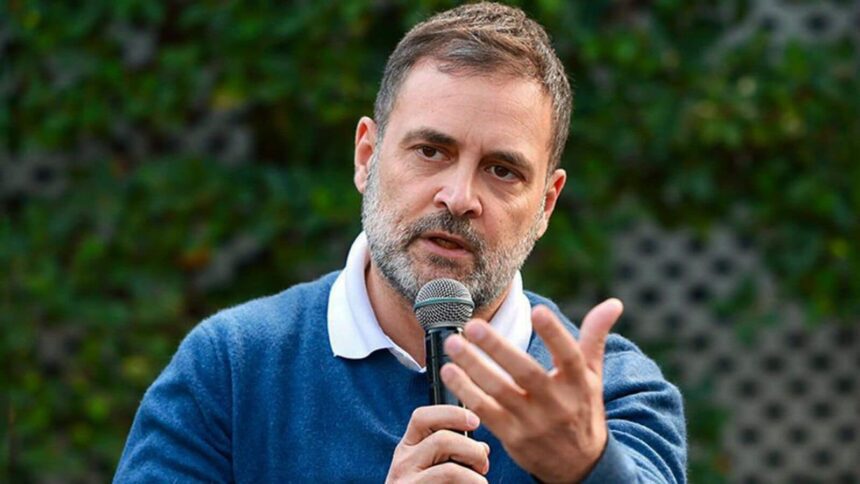Rahul Gandhi Discusses Educational Reforms and Economic Disparities at IIT Madras
During a recent interactive session with students at IIT Madras, Congress leader Rahul Gandhi delineated the ideological differences between the Bharatiya Janata Party (BJP) and the Indian National Congress, particularly focusing on economic policies, social harmony, and educational reforms.
Economic Philosophy: The Need for Equitable Growth
Gandhi articulated his belief that the Congress party advocates for a more equitable distribution of resources compared to the BJP’s economic philosophy. He criticized the latter for adhering to the "trickle-down" economics model, which he argued fails to address the needs of the broader population. "We believe that growth should be wider and inclusive," Gandhi stated, emphasizing that a harmonious society is essential to reducing conflicts and enhancing national unity.
The former Congress president pointed out the necessity for government intervention in providing quality education, asserting that privatization and mere financial incentives are insufficient for achieving meaningful improvements in the education sector. He argued, "You cannot guarantee quality education through privatization. It requires a significant investment from the government in public institutions."
Recommendations for Educational Reform
Touching on educational reforms, Gandhi reiterated that quality education is a right that must be guaranteed by the government. He expressed concern regarding the restrictive nature of India’s current education system, describing it as "top-down" and "narrow," which stifles creativity and imagination in children. Gandhi commented, "Our education system undervalues many professions and overvalues just a few."
He called for a system where students are encouraged to explore a diverse range of subjects and careers rather than being confined to traditional, high-prestige paths. "What I want to change is the undervaluation of various professions. We need to cultivate respect for diverse skills and encourage innovation," he said. He advocated for a curriculum that fosters creativity, critical thinking, and practical skills, suggesting that true innovation arises from hands-on experience and production rather than theoretical study alone.
On the Role of Government in Education
Gandhi vehemently stressed that the best educational institutions in India are largely government-run, advocating for increased government spending on education. "I have long argued for a significant increase in the allocation for education," he declared, highlighting the need for strong public institutions to support learning and development.
Navigating the International Landscape
In addition to discussing domestic policies, Gandhi reflected on India’s role in the international arena, specifically concerning its position between global superpowers. He noted that India has a unique opportunity to leverage its strategic position and balance its relationships with major powers. "If India navigates this landscape intelligently, we can derive benefits that exceed our current capabilities," he stated.
Conclusion
Rahul Gandhi’s discourse at IIT Madras serves as a reminder of the critical need for reform in both economic and educational policies in India. His emphasis on inclusivity in growth and the necessity for robust government intervention in education highlights the Congress party’s mission to create a more equitable and supportive framework for the future. As India continues to evolve in a rapidly changing global landscape, discussions like these are vital in shaping the nation’s path forward, ensuring that no citizen is left behind in the pursuit of progress and innovation.










